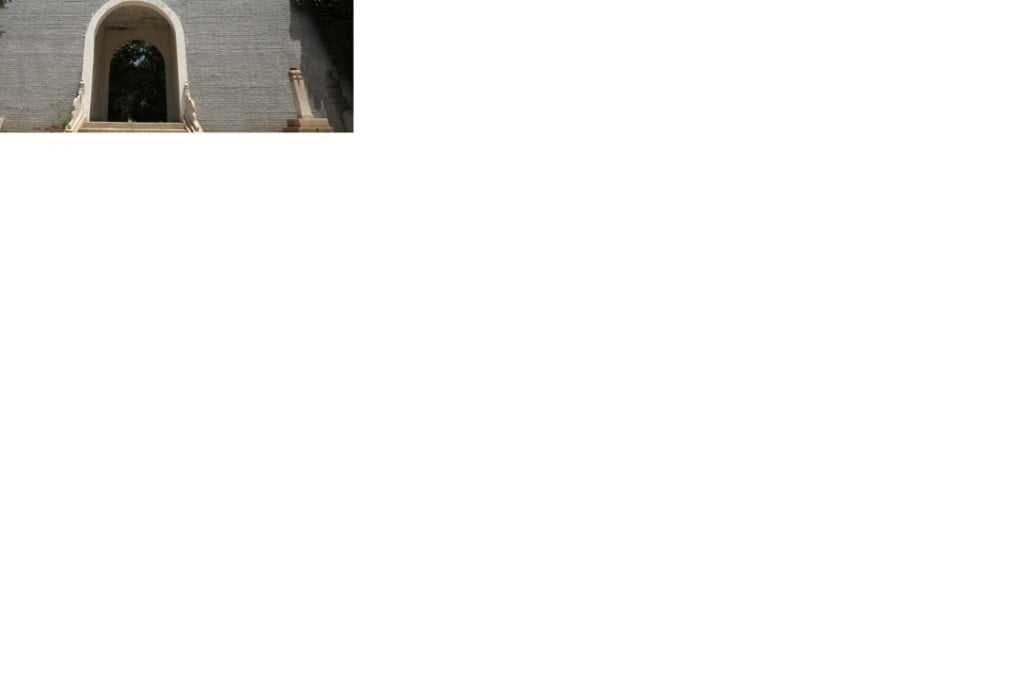Exclusive | Xi Jinping’s anti-graft drive has caught so many officials that Beijing’s elite prison is running out of cells
Overcrowding has prompted Qincheng prison – where former high-ranking officials are jailed – to pull the plug on Lunar New Year visits, source says

It looks like being a particularly grim Lunar New Year in the “tigers’ cage” this week. The notorious Qincheng maximum security prison houses many disgraced senior Communist Party officials – including fallen security chief Zhou Yongkang, former Chongqing boss Bo Xilai, ex-presidential aide Ling Jihua and Guo Boxiong, who was once a top general.
Normally, some of those prisoners who are aged over 60 can look forward to a Lunar New Year meal with a few family members, but a source close to the jail told the South China Morning Post that this year, the celebration has been cancelled.
The source said the prison was packed to the gills with inmates – a product of President Xi Jinping’s ferocious anti-corruption drive that has netted more than 1.3 million officials at various levels, from the elite “tigers” to the ordinary “flies” – and there was not enough room to accommodate the annual family gatherings during the most important Chinese festival of the year.
Adding to their woes, no visitors will be allowed for two weeks before and after the first day of the Lunar New Year, on Friday.
“The prison used to allow inmates over 60 to have a meal in jail with a limited number of their immediate family members ahead of the Lunar New Year. Some of them will have a hotpot, others bring dumplings, whatever they like,” the source said.
“But this year, the prison has cancelled the celebration with family – and not only that, they’ve also barred visitors for all inmates for the fortnight leading up to and following the new year.”